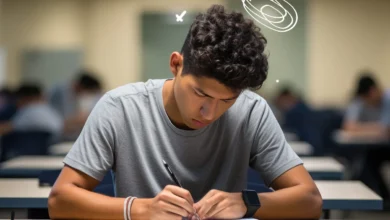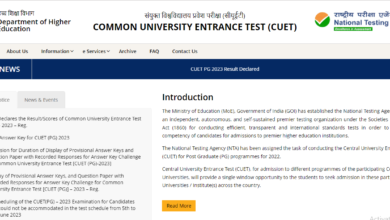CBSE Gets Real: Textbooks Talk Dating, Relationships, and… Ghosting?
Hold onto your textbooks, class! A CBSE Class 9 value education book has sparked major buzz for venturing into uncharted territory: the world of dating and relationships. Yep, you read that right. Gone are the days of dry, theoretical lessons. This book delves into the nitty-gritty, even explaining terms like “ghosting” and “catfishing.”
But wait, there’s more! Popular dating app Tinder chimed in with a hilarious suggestion: a chapter on navigating breakups. We can’t blame them, considering the reality of modern relationships.
This progressive move has left social media divided. Some hail it as a much-needed step, equipping young minds with the tools to navigate complex emotions and relationships in a digital age. Others raise concerns about age-appropriateness and potential cultural clashes.
So, is this a textbook revolution or a recipe for disaster? Here’s why it matters:
1. Filling the Knowledge Gap: Let’s be honest, traditional education often ignores crucial life experiences like dating. This book opens a dialogue, offering guidance and fostering healthy communication skills.
2. Recognizing Reality: Teens today are exposed to relationships online and offline. Ignoring this reality does them a disservice. Equipping them with knowledge empowers them to make informed choices.
3. Navigating the Digital Jungle: Terms like “ghosting” and “catfishing” can be confusing and hurtful. Understanding them helps young people protect themselves and navigate online interactions responsibly.
4. Opening the Conversation: This book opens doors for open and honest discussions about relationships, consent, and respect. It can be a springboard for parents and educators to engage with young people on these crucial topics.
Of course, concerns about cultural sensitivities and age-appropriateness are valid. It’s crucial to ensure the content aligns with diverse cultural contexts and is delivered in a way that resonates with young minds.
Ultimately, this is a conversation starter. It highlights the need for educational systems to adapt to the evolving realities of young people’s lives. Whether it’s breakups or boundaries, open and honest conversations can pave the way for healthier, happier relationships, both online and offline. So, let’s keep the conversation going, responsibly and inclusively!





